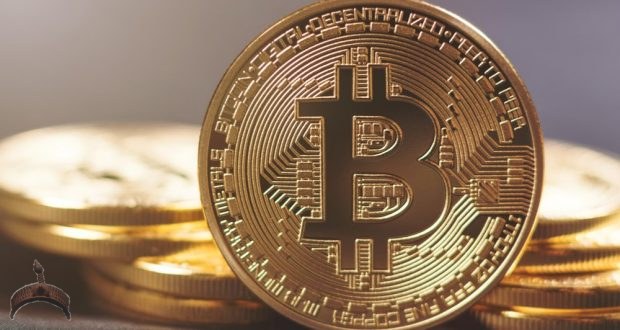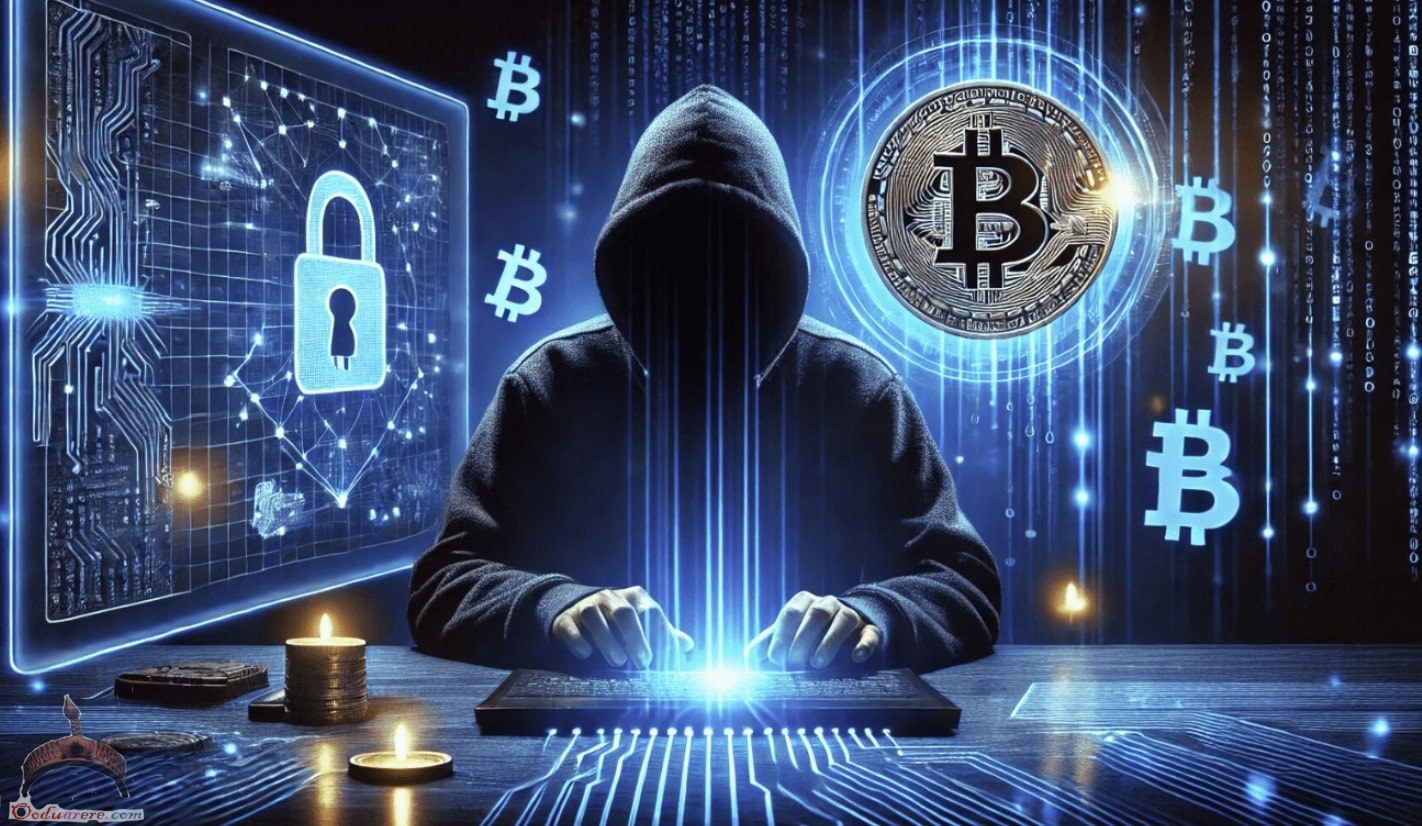Let’s extend this comparison to stocks so that we can better understand the pros and cons of the two asset classes.
| Question | Bitcoin | Stocks |
| ScarcityIs the asset scarce? Is the supply limited? | Yes(21 million BTC maximum guaranteed.) | Depends(Companies can always issue more stock.) |
| Counterfeit ResistanceIs the asset hard or impossible to fake? | Yes(It is independently verifiable via blockchain.) | Yes, but…(Stocks are verified by companies, but may require auditing.) |
| PortabilityCan you use or transfer the asset anywhere? | Yes(Can be used to pay or to transfer value anywhere in the world.) | Not quite(Generally can’t use stocks outside of the stock market.) |
| DecentralizationIs this asset independent in a way that no central authority controls it? | Yes(Creating and governing it involves a network of decentralized nodes or computers.) | No(All stocks come from just one company, and are usually held by a few controlling shareholders.) |
| DivisibilityCan one unit of this asset be divided into smaller quantities? | Yes(There are 100,000,000 satoshis in one bitcoin.) | Sometimes(Generally not divisible, unless a company engages in a stock split.) |
| DurabilityIs this asset protected in the long-term? | Yes(As a digital asset, Bitcoin won’t deteriorate.) | Depends(Stocks are reliant on a company’s longevity.) |
| FungibilityCan this asset be traded for other goods or assets? | Yes(You can use Bitcoin to pay for other asset classes, as well as a wide array of goods.) | Yes to a limited extent(You can cash in or cash out, or you may enter certain deals, but you don’t usually use stocks to pay for goods on a whim.) |
| User-friendliness and AwarenessIs the asset easy to use? Is it known to more people? | Not quite yet(Though awareness is increasing, Bitcoin has a long way to go in terms of general knowledge. Given its 10-year history, this is understandable.) | Not quite(Just a tiny fraction of the world’s population deal with stocks, despite its centuries-old existence as an asset class.) |
 Ọmọ Oòduà Naija Gist | News From Nigeria | Entertainment gist Nigeria|Networking|News.. Visit for Nigeria breaking news , Nigerian Movies , Naija music , Jobs In Nigeria , Naija News , Nollywood, Gist and more
Ọmọ Oòduà Naija Gist | News From Nigeria | Entertainment gist Nigeria|Networking|News.. Visit for Nigeria breaking news , Nigerian Movies , Naija music , Jobs In Nigeria , Naija News , Nollywood, Gist and more









